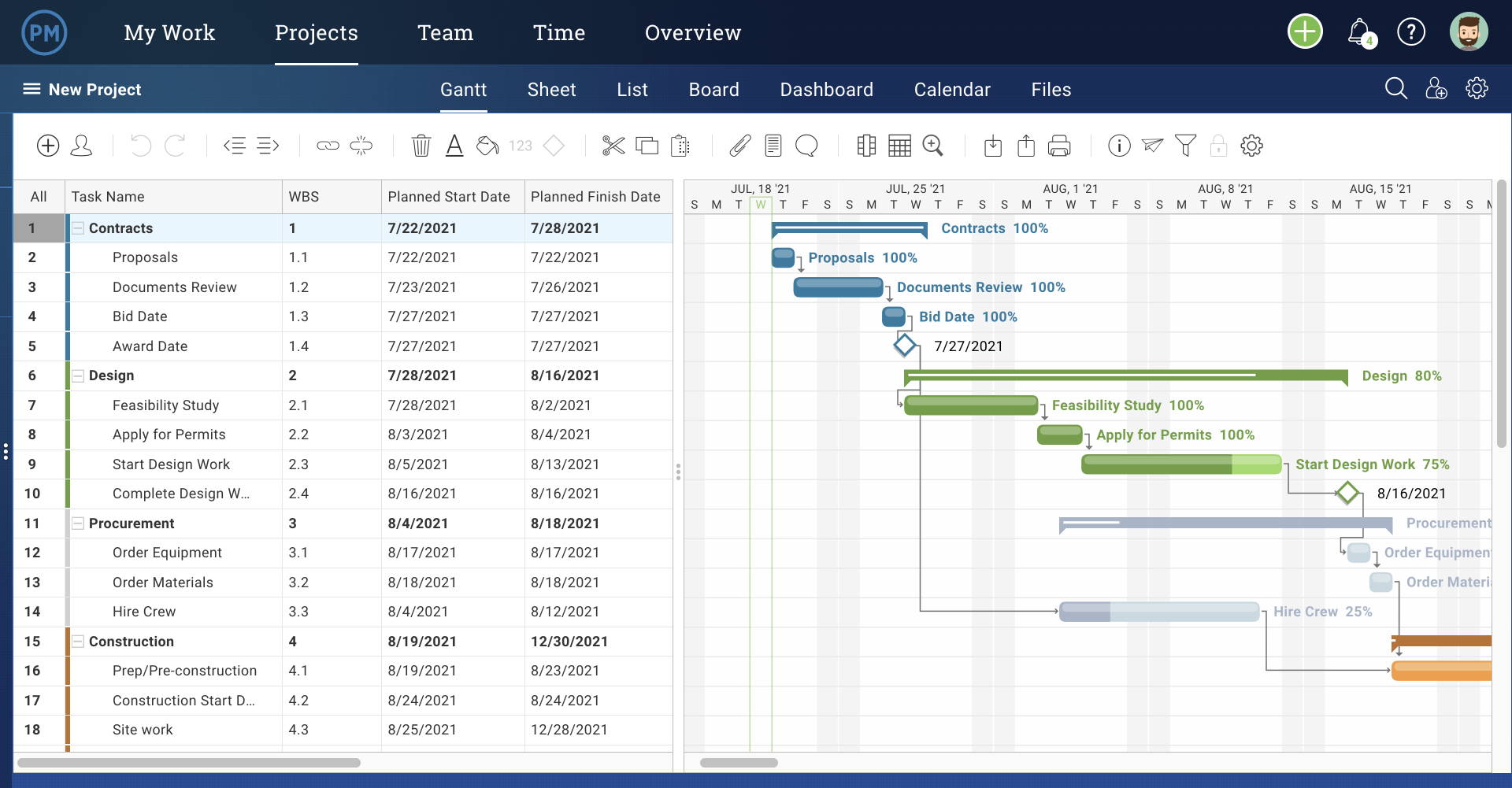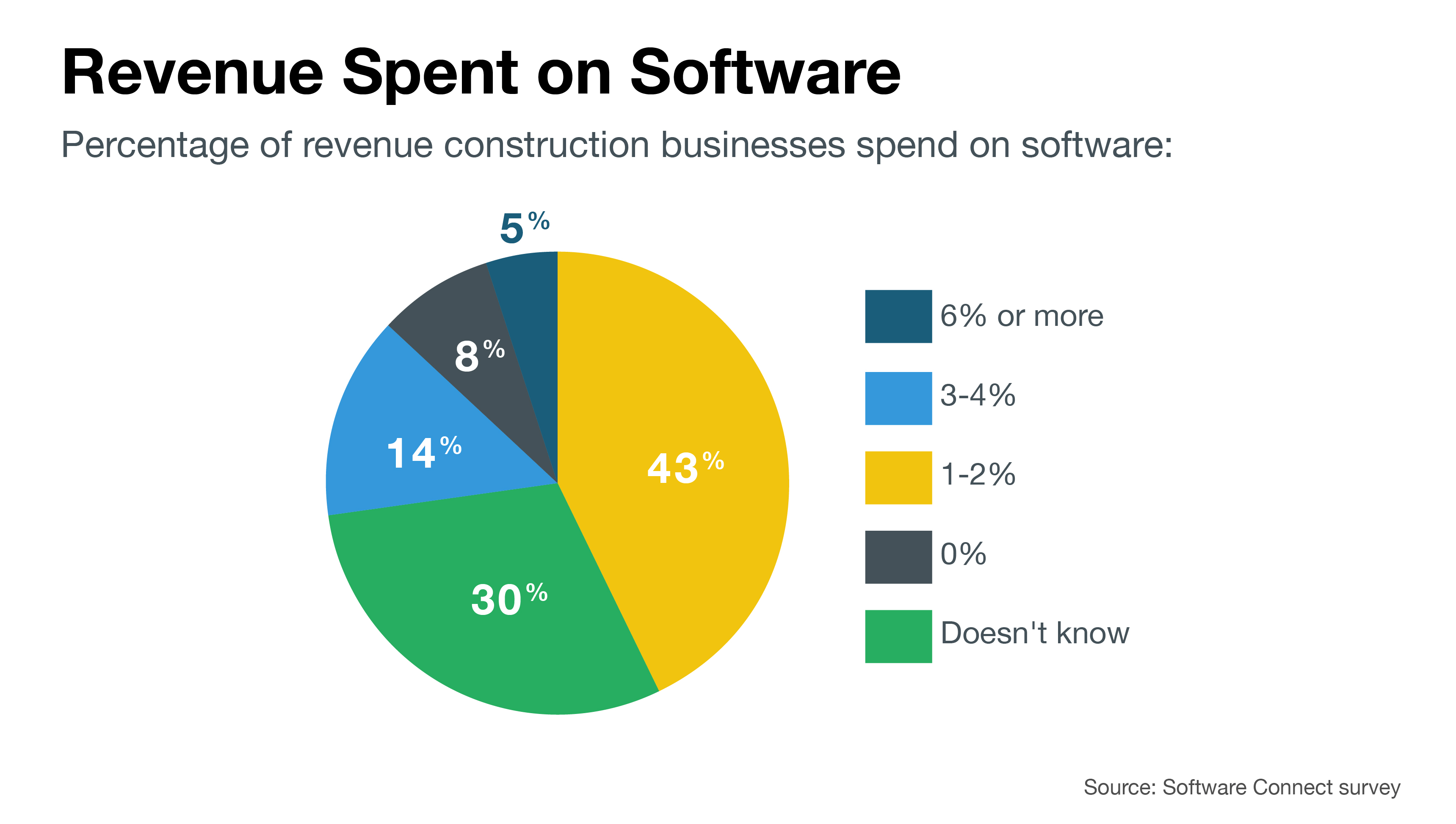

With all these roles and processes, most general contractors will typically go for formal construction management software. They need a system to support them through the entire contracting process and at the same time help manage their business. General contractors have many roles and often oversee all phases of a building project from pre-construction to ongoing maintenance and repairs after completion. Software for general contractors is designed to meet the demands of their unique workflow and business processes. Hopefully our insights will make the selection process easier for you, enabling you to choose the best platform for you business.Ĭommon Features of General Contractor Software Use this to get a handle on this unique software market and come back to it when making your final selection. To help you understand exactly what you’re getting into, we’ve put together an in-depth general contractor software buyer’s guide. They also range in price from affordable, scaled down options up to six figure enterprise systems. It’s important to realize that all these products offer a wide and differing set of capabilities.

You can read the profiles for these contractor systems and check out user reviews to get a feel for which systems seems like a good fit for your business. We have over 50 general contractor construction software platforms on our site.

Irresponsible because there’s a plethora of affordable and easy-to-use software options available for contractors to adopt and implement in their business. To try and manage all this without the help of software would be an irresponsible decision to say the least. Every task at every job site, every subcontractor and all their proposals, all of it funnels through the general contractor in some capacity or another. Sitting at the top of the mountain, general contractors have the difficult responsibility of continuously monitoring a ton of moving parts.


 0 kommentar(er)
0 kommentar(er)
